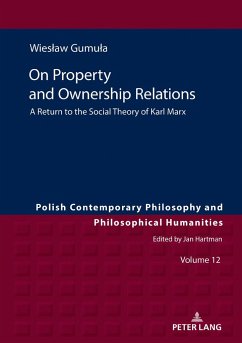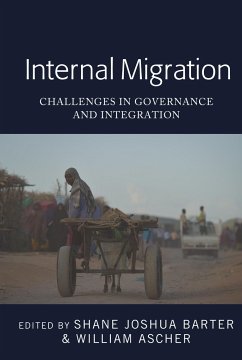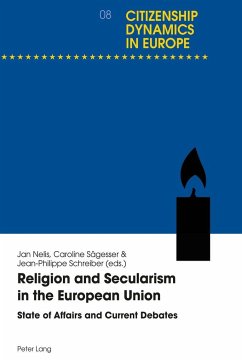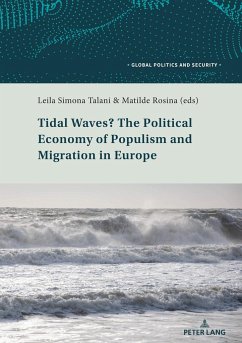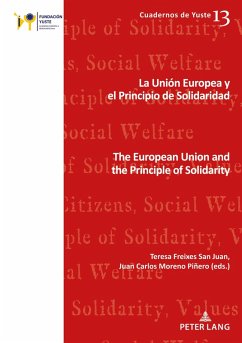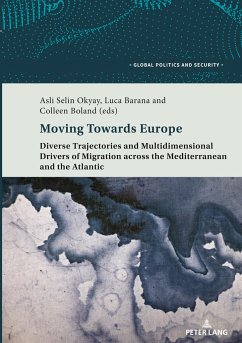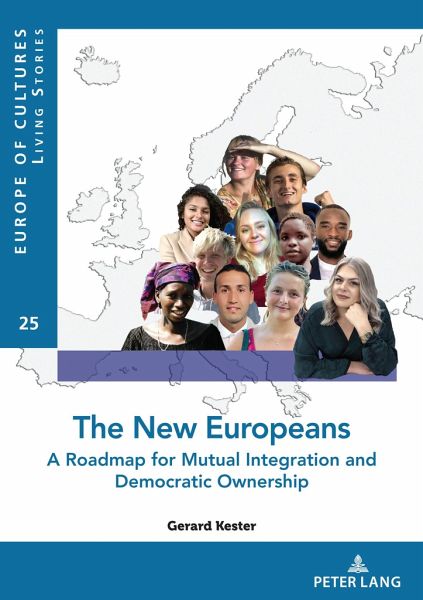
The New Europeans
A Roadmap for Mutual Integration and Democratic Ownership
Versandkostenfrei!
Versandfertig in 6-10 Tagen
29,95 €
inkl. MwSt.
Weitere Ausgaben:

PAYBACK Punkte
0 °P sammeln!
Europe has to come to terms with its increasing cultural diversity. In current debate migration is typically presented merely as a social burden. This book envisions a future in which 'native' Europeans and those with a migrant background - together the New Europeans - come to the conclusion that they should build a new society jointly.An inclusive European society can be generated by launching a common project as an alternative to neoliberalism, developing an economy that is at the service of society. For this, democratic ownership should be the lever. In that process, migrants will be import...
Europe has to come to terms with its increasing cultural diversity. In current debate migration is typically presented merely as a social burden. This book envisions a future in which 'native' Europeans and those with a migrant background - together the New Europeans - come to the conclusion that they should build a new society jointly.
An inclusive European society can be generated by launching a common project as an alternative to neoliberalism, developing an economy that is at the service of society. For this, democratic ownership should be the lever. In that process, migrants will be important and resilient catalysts. The book sets out a roadmap for what the future could look like, presenting a vision of Europe at the end of the 21st century as a 'real Utopia'.
This book bucks the trend of depressing accounts on migration from outside Europe. It offers a promissory narrative for the continent's long-term future. Drawing on political, sociological, economic and philosophical insights, the author sticks his neck out, provokes perhaps, but always with the invitation for a constructive dialogue.
An inclusive European society can be generated by launching a common project as an alternative to neoliberalism, developing an economy that is at the service of society. For this, democratic ownership should be the lever. In that process, migrants will be important and resilient catalysts. The book sets out a roadmap for what the future could look like, presenting a vision of Europe at the end of the 21st century as a 'real Utopia'.
This book bucks the trend of depressing accounts on migration from outside Europe. It offers a promissory narrative for the continent's long-term future. Drawing on political, sociological, economic and philosophical insights, the author sticks his neck out, provokes perhaps, but always with the invitation for a constructive dialogue.






